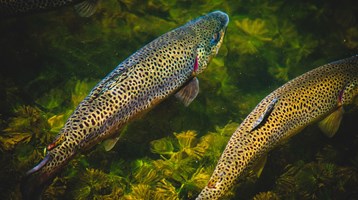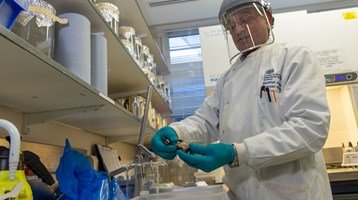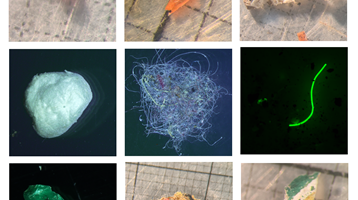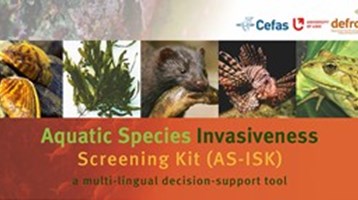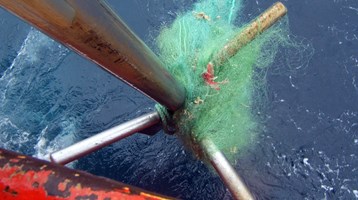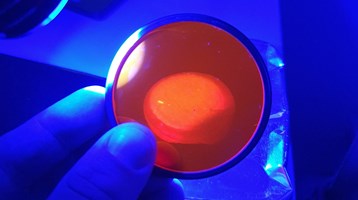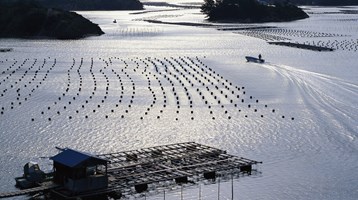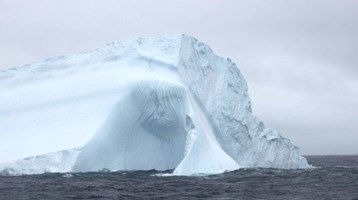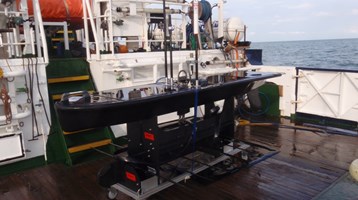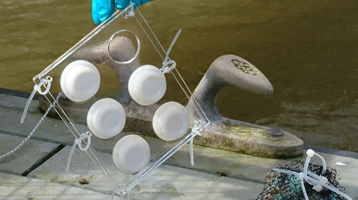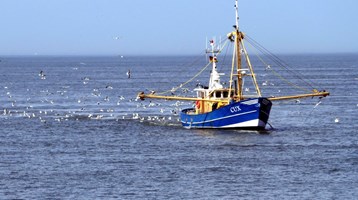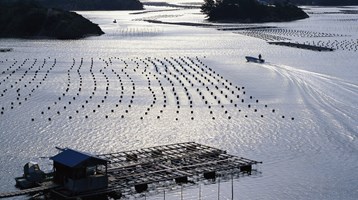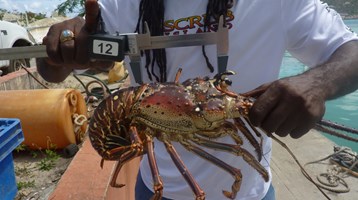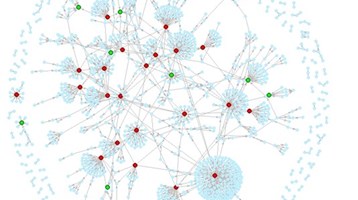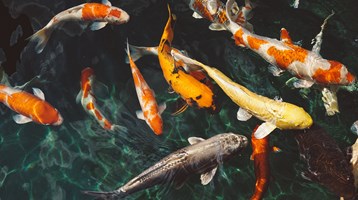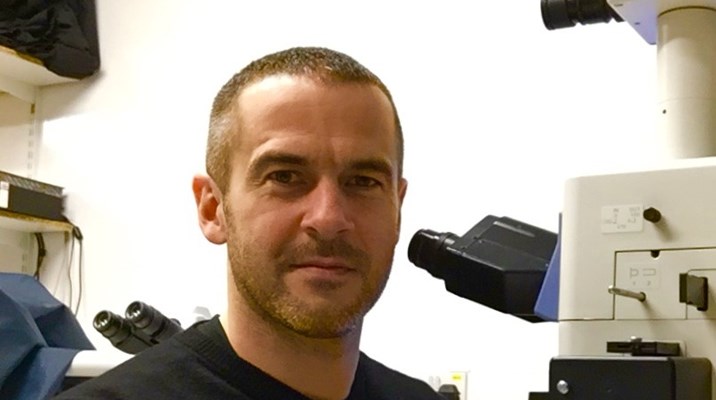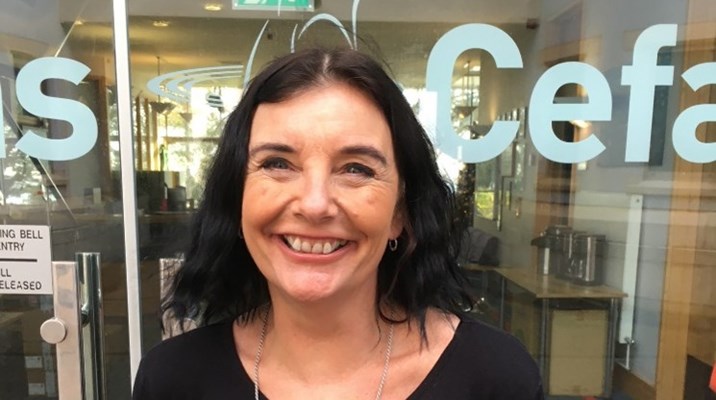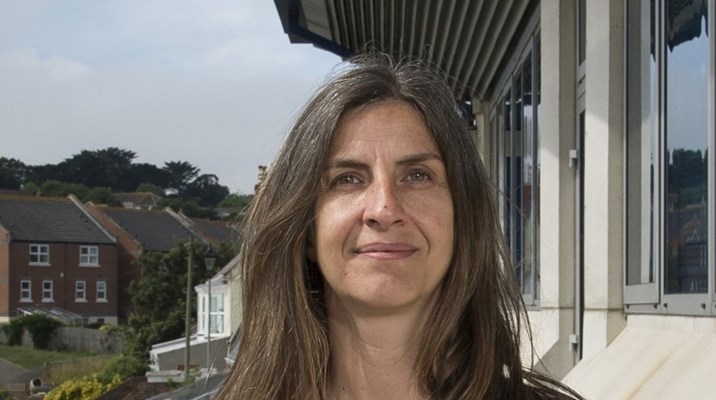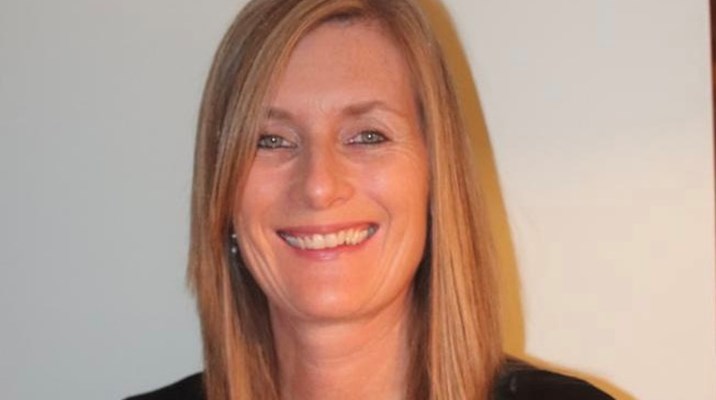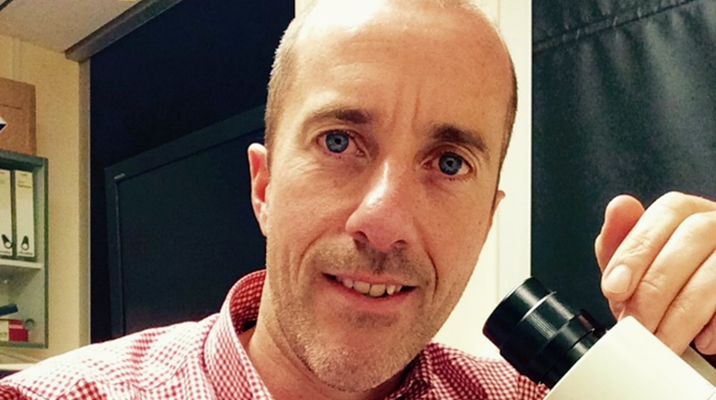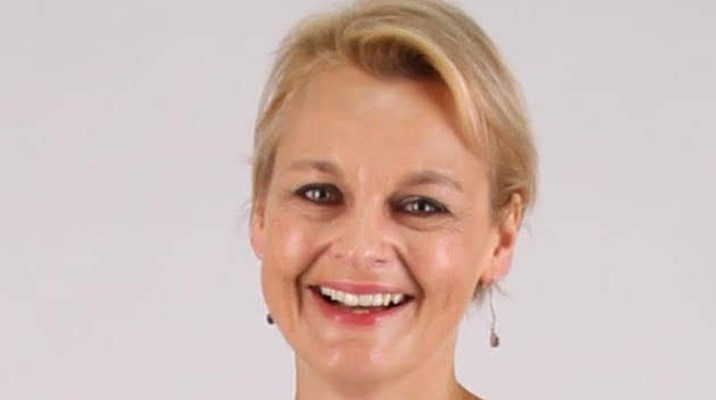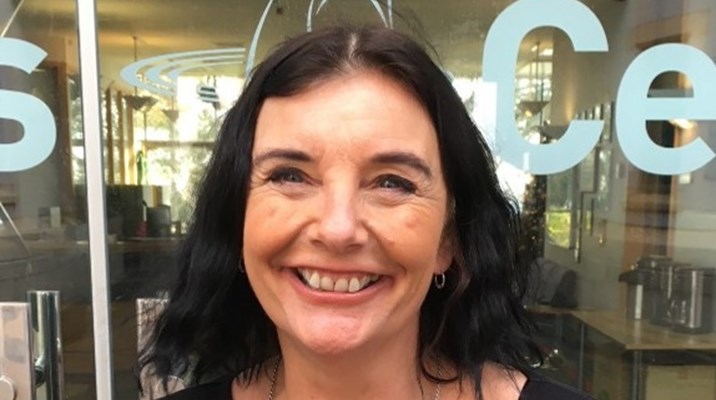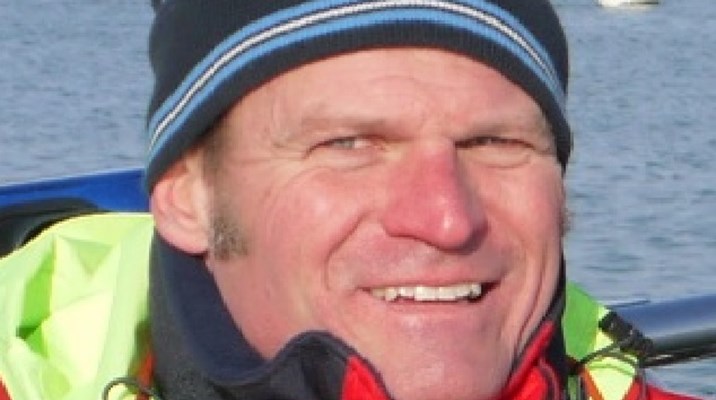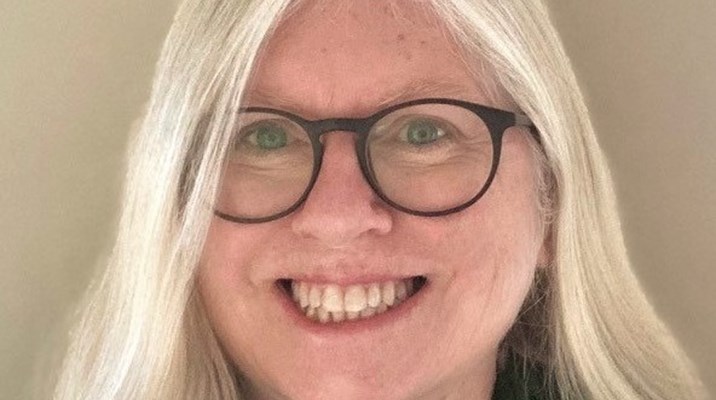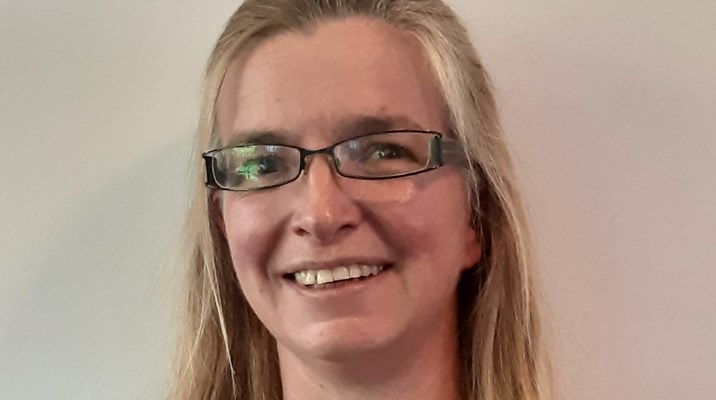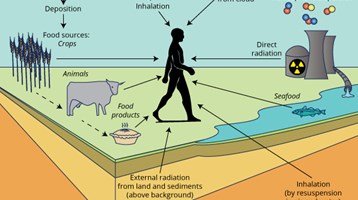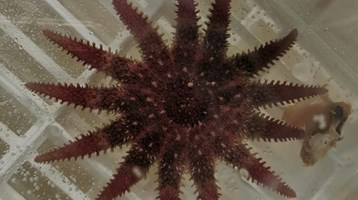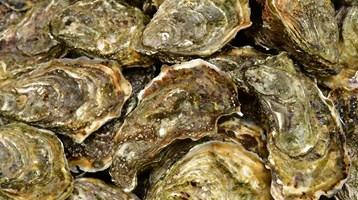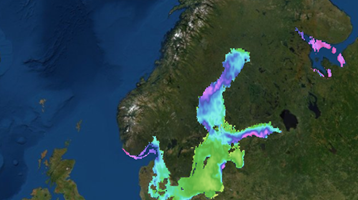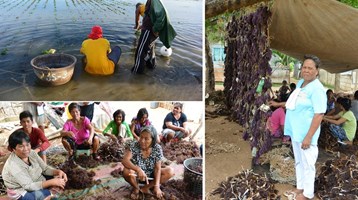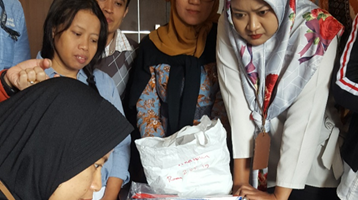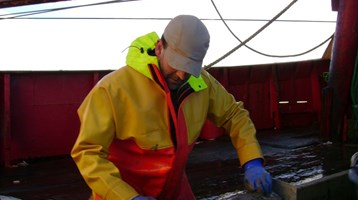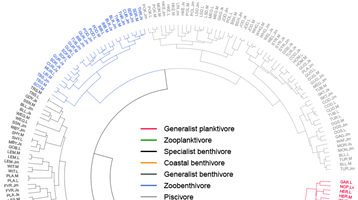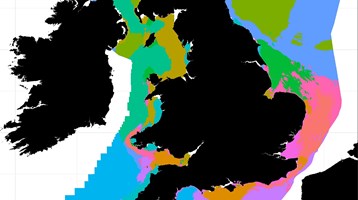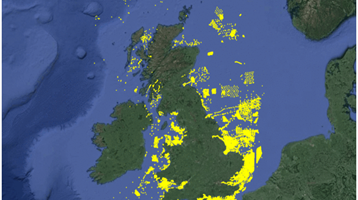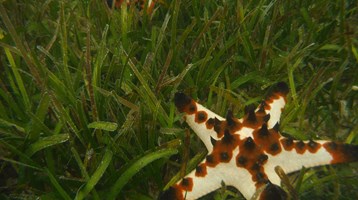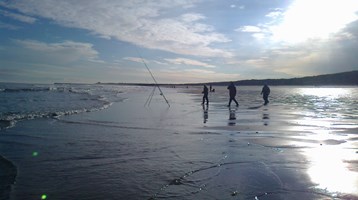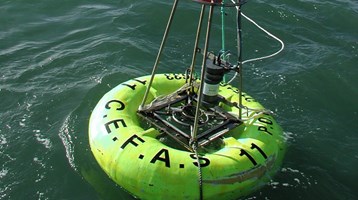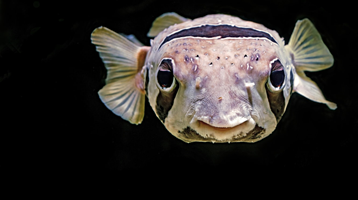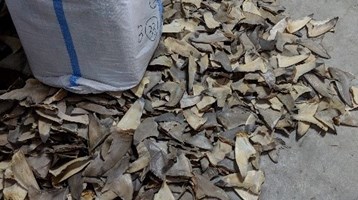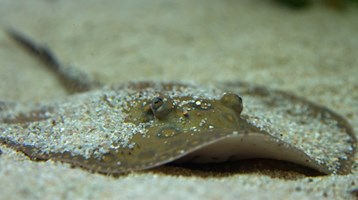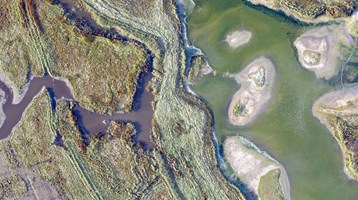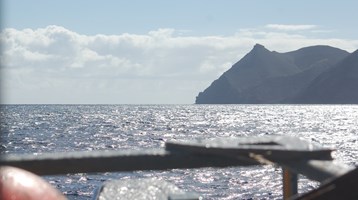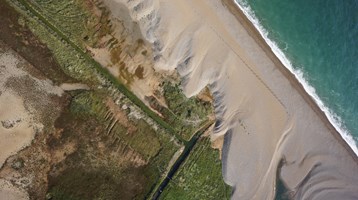Combatting disease outbreaks in aquaculture
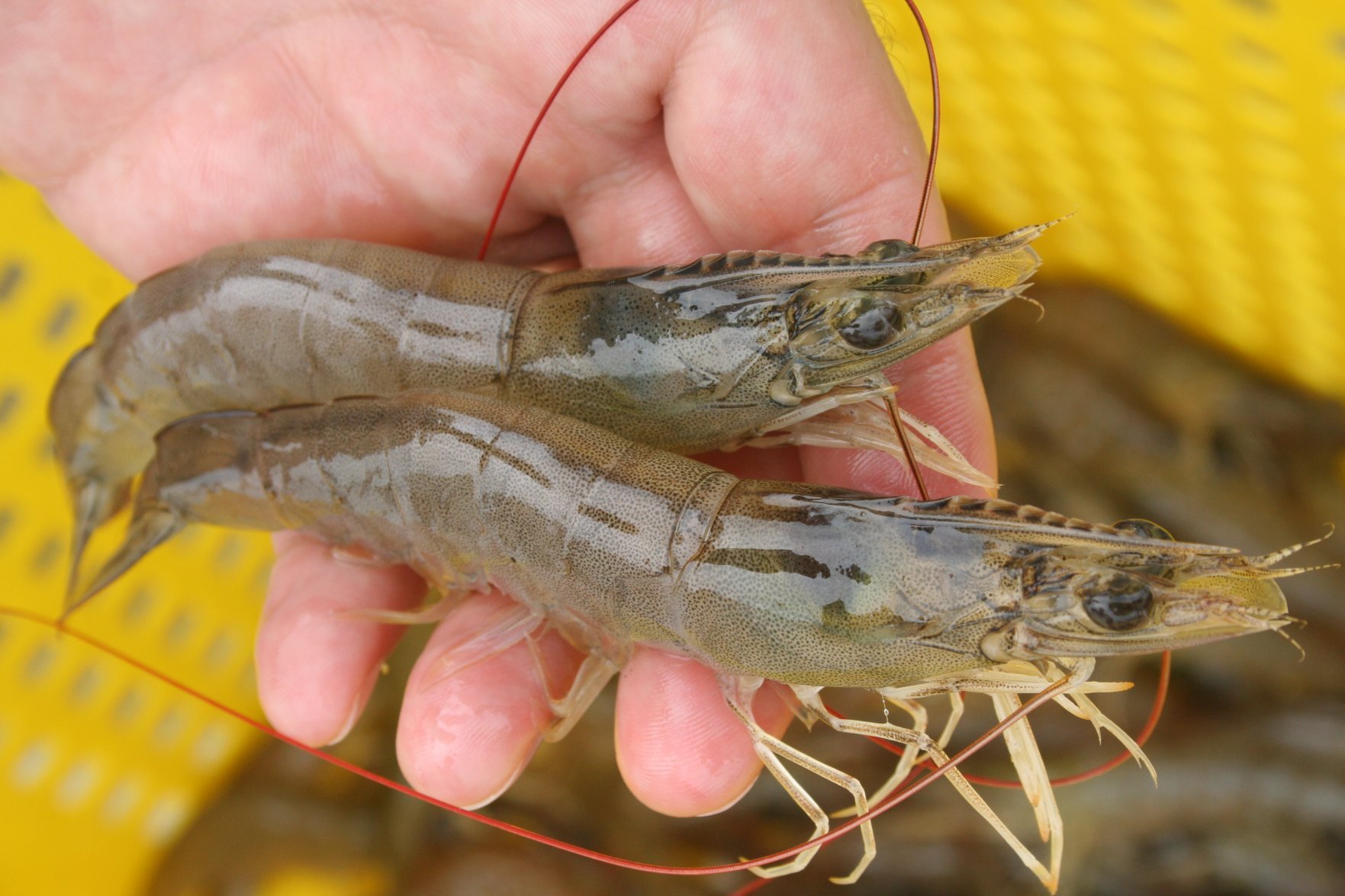
Demand for fish in Asia and Africa is increasing and there is an associated expansion of aquaculture in these regions. In Bangladesh and India, shrimp and finfish culture sustains the livelihoods of hundreds of thousands of people. Disease is the biggest single factor limiting growth in aquaculture and thus, combating disease is critical for both the protection of the livelihoods of farmers and for achieving national and global targets for aquaculture growth in support of poverty alleviation.
This multi-national team has been developing and applying innovative methods in molecular biology, environmental DNA (eDNA) and histopathology for use as early warning tools to prevent disease outbreaks in aquaculture.
This Newton Fund project is led by Prof. Charles Tyler and Dr David Bass and brings together an international consortium of biologists, social scientists, policy experts and NGOs from the UK, India, Bangladesh and Malawi. Field-collected data is used to develop models for predicting the drivers of disease outbreaks. The ability to make these predictions will allow farmers to harvest their fish before disease onset, thus preventing major crop losses. This will increase crop productivity and, in turn, the health, well-being and profitability of small-scale farmers. The provision of training and knowledge exchange is also enhancing regional research capability. This is developing the skills of the next generation of local scientists, building future capacity to develop aquaculture in the region.
The project team have developed bespoke mobile phone apps to collect large data sets on farm management practices from hundreds of small-scale aquaculture farms in Bangladesh and Malawi. These data are used to identify trends in farm management practices that lead to the best production outcomes for farmers (e.g. pond size, location, water chemistry and hygiene). Through stakeholder engagement with farming communities and policy makers, scientists and aquatic health professionals are ensuring these advances are effectively communicated for the greatest benefit.
Read more at https://www.exeter.ac.uk/research/saf/projects/novelmolecularapproaches/#F25gW1gPCv3SMmac.99
Related to this article
Topic
Case studies
People
Further Reading


Working for a sustainable blue future
Our Science

